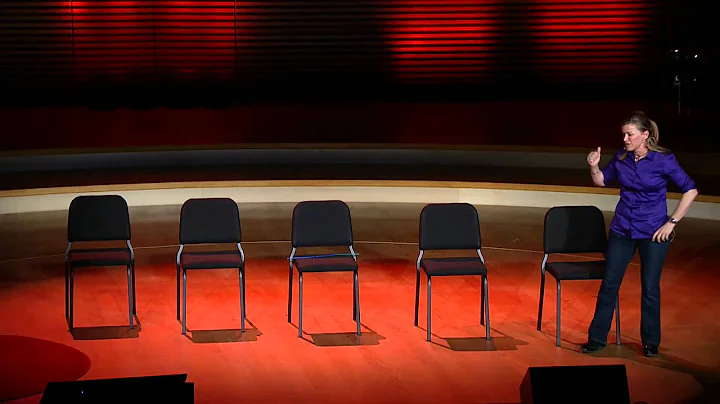Have you ever encountered this situation in your daily life: you want to reject others, but you are embarrassed to speak. Here are a few points to teach you how to say "no" easily.
1. Be prepared to say "no"

even if some people are unable to reject others, and even others will not refuse unreasonable requests. It is usually caused by the following reasons.
First of all, you lack confidence in your own judgment, don’t know what you should do, and don’t know what others don’t expect you to do.
Secondly, I hope to get recognition from others and I worry that rejecting other people’s requests will make people look down on me. I can't understand how many responsibilities I can successfully bear.
tsuhou, inferiority complex. So, they always have no control over themselves.
However, no matter what the reason is, these people who dare not say "no" usually admit that they are dominated by emotions. No matter what their past experiences are, they always don’t know how to answer other people’s requests.
2. To procrastinate, “no”

A girlfriend wants to ask you out. She asked you on the phone: "Go to dance at 8 o'clock tonight, okay?"
You can answer: "Let's have an appointment tomorrow, I'll call you."
Your friend hopes to go fishing together on Sunday. If you don't want to go, you can answer this way: "Actually, I'm a fishing fan, but since I got married, my wife has let my Sunday disappear!"
3. Say "no" with silence

When someone asks, "What do you think of Alandron?" If you don't like it in your heart, you can leave it alone, or just laugh it off, and others will understand.
A friend who is not familiar with you invites you to the party and sends you an invitation, but you may not reply. Because not replying means that you don’t want to participate in this event.
4. Use avoidance to say "no"


You and your friends went to watch a clumsy martial arts movie. "Do you like this movie?" You can answer: "I prefer lyrical movies." You are having a fever, but don't want to tell your friends, afraid of causing unnecessary worries. A friend asked with concern: "Have you tested your temperature?" You said: "It doesn't matter, the weather is not good today."
5. Say "no" in a vague way

When diplomats encounter questions they don't want to answer or are unwilling to answer, they always use this diplomatic rhetoric: "No." In life, when we cannot say "yes or no", this sentence is also available. You can also avoid this, such as: "God knows." "Time will tell everything." "That's right... hard to say."
6. Use rebuttals to say "no"

You talk about national affairs with others. When the other party asks, "Do you think the price is rising too fast now?" you can answer, "So do you think the growth is too slow?" Your lover asks, "Do you hate me?" You can answer, "Do you hate me?"
7. Say "no" with a dodge

For example, when a guest asks to change a room for him, he can say, "Sorry, you have to ask the duty manager, he is not here now."
You and your wife go out on the street, and your wife sees a beautiful dress and wants to buy it. You can pretend to be surprised and say, "Oh no, I forgot to bring my wallet."
Someone wants to talk to you, and you look at the watch: "I'm sorry, I have something to do now, will it do another day?"
8. Say "no"

When someone gives you a gift but you can't accept it, you can refuse politely: one is to say polite words; the second is to express flattery and dare not accept it; the third is to say this will have a greater purpose, etc.
9. Say "no"

A writer wants to make friends with a certain jiaoshou. The writer said enthusiastically: "Can you be honored to have dinner with you?" But at this time he was busy preparing a speech and couldn't take time.So he smiled affectionately and said with apologies: "I feel very honored for your invitation, but unfortunately I am busy with a speech now and I can't get out of here. I'm very sorry!" His rejection was polite and pleasant, but so straightforward.











